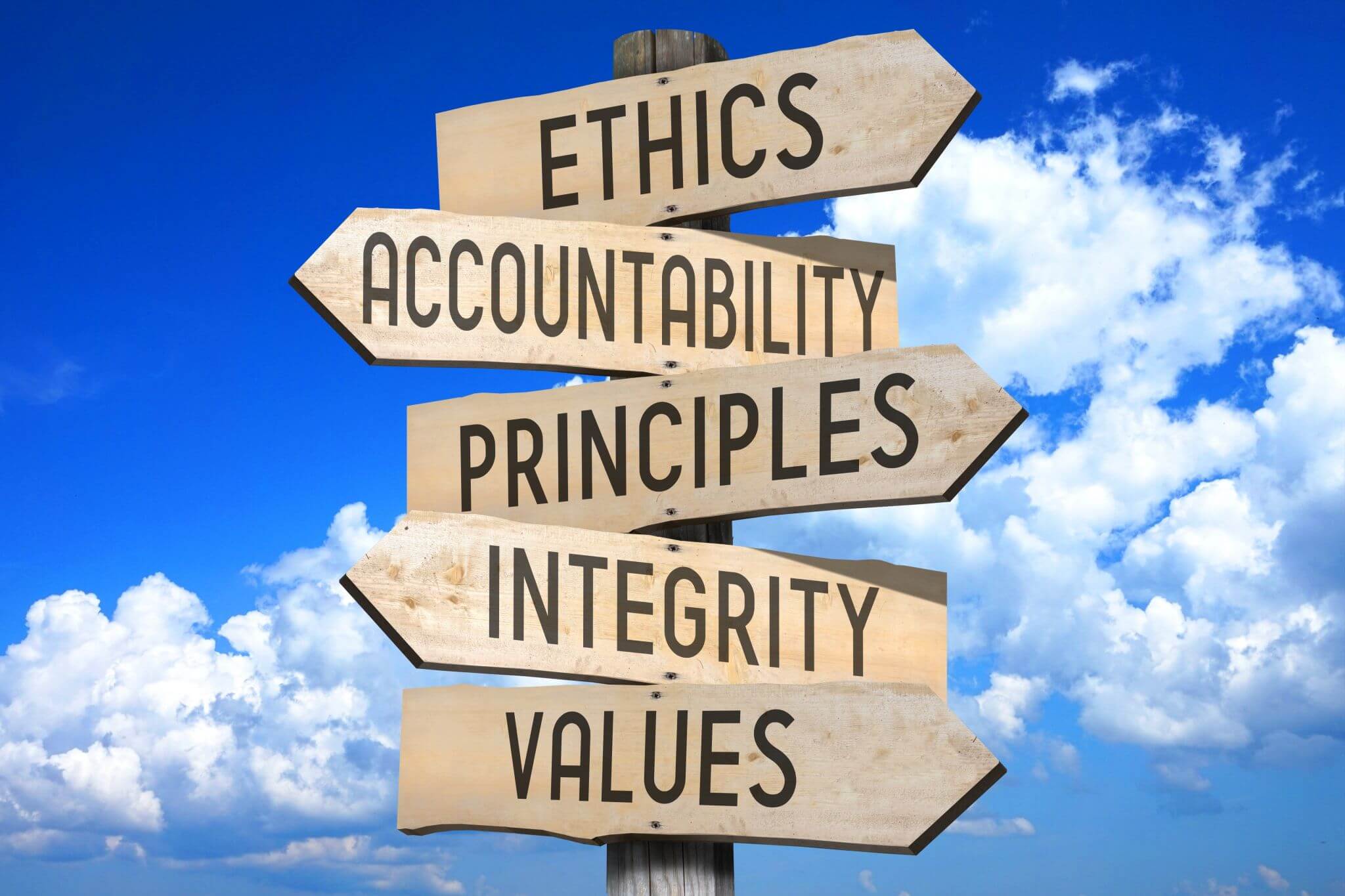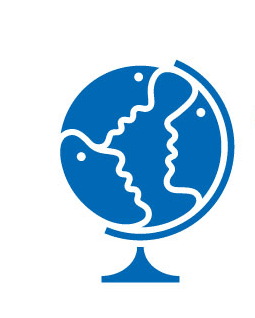December 2019
Newsletters | read time: 3 min


Companies still don’t grasp their true corruption risks
GoodCorporation has published an analysis of the 7,000 anti-bribery and corruption (ABC) practices it has assessed over the last ten years, revealing some worrying weaknesses in bribery prevention.
The paper Combating corruption: businesses still at risk shows that forty per cent of ABC risk assessment procedures were found to be inadequate, with no improvement in the five years from 2014-2019. Anti-bribery due diligence procedures were even worse, with 53 per cent found to be ineffective.
Overall, almost one third of the anti-corruption procedures assessed by GoodCorporation were inadequate with a further 22 per cent requiring some form of improvement.
Having adequate procedures to prevent corruption is vital, not only to mitigate the risk of bribery occurring, but also to ensure an effective defence, should prosecution arise. These findings suggest that too many companies are leaving themselves vulnerable to both bribery and prosecution.
GoodCorporation director Gareth Thomas comments on the findings in the FCPA Blog. Further analysis of the results and what this says about anti-corruption efforts can be found in Board Agenda.
Launch statementHas ESG become an integral part of corporate strategy?

Our final House of Lords debate of 2019 asked whether ESG is a ‘nice to have’ or an integral part of corporate strategy?
Dame Helena Morrissey opened the debate suggesting that ESG considerations are coming of age. Investors need to trust the companies in which they invest and are increasingly using ESG data when formulating investment decisions.
However, despite the significant increase in ESG funds, there is still a big gap between words and deeds, particularly when it comes to issues such as climate change. Will ESG move beyond acronyms and ambition to changing behaviour and delivering consistent high returns?
The idea of ESG investment undoubtedly chimes with the call for companies to advance their sustainability ahead of short-term returns for shareholders. Our debate explored the challenges this presents and the changes being made.
Understanding integrity compliance

Associated almost exclusively with multilateral development banks (MDBs), integrity compliance covers a range of misconduct issues beyond bribery and corruption, including fraud, theft, collusion, coercion and obstructive practices.
It is a term that has emerged over the last twenty years as MDBs have invested considerably in implementing systems and controls that will protect their financing projects from corruption risks as well as project and reputation-damaging misconduct.
MDBs invest primarily in projects that promote development in order to reduce poverty or economic inequality. Much of the lending is into high-risk parts of the world. To protect these investments a framework of compliance has emerged to set the standards of behaviour required.
Our latest blog explores the evolution of integrity compliance, looking at the expectations of MDBs and the penalties for misconduct.
Debate summary Integrity compliance
This Autumn, our debates in London and Paris explored the corporate responsibility to prevent human rights abuses.
In London, John Morrison, chief executive of the Institute of Human Rights lead the debate which explored whether businesses really are taking human rights more seriously.
In Paris, the debate asked whether French companies were on track to meet the demands of the country’s human rights legislation.

Earlier this year, the UK Cabinet Office issued a new Procurement Policy Notice setting out a series of requirements relating to future public tenders.
From October, companies tendering for public contracts will need to answer specific questions relating to the risks of modern slavery and human trafficking.
This will cover a range of issues. Michael Pollitt explores the detail in the November issue of In-Procurement Magazine.

GoodCorporation has launched a new website which we hope you will visit when looking for the latest thinking on business ethics and best practice.
The site contains details of all our services, as well as blogs on a wide range of business ethics issues, media articles and summaries of our business ethics debates.
You can also see our posts on Twitter and LinkedIn.
Do let us know what you think.

|
The Chatham House Responsible Business conference 2020 will be focusing on profit and purpose. Employees, customers and the wider public are increasingly aware of the actions of companies and will hold these companies to account if their behaviours do not live up to expectations. The 2020 conference will discuss issues such as shareholder primacy, ESG criteria and measuring impact. GoodCorporation will once again be a media partner. |
|
|
